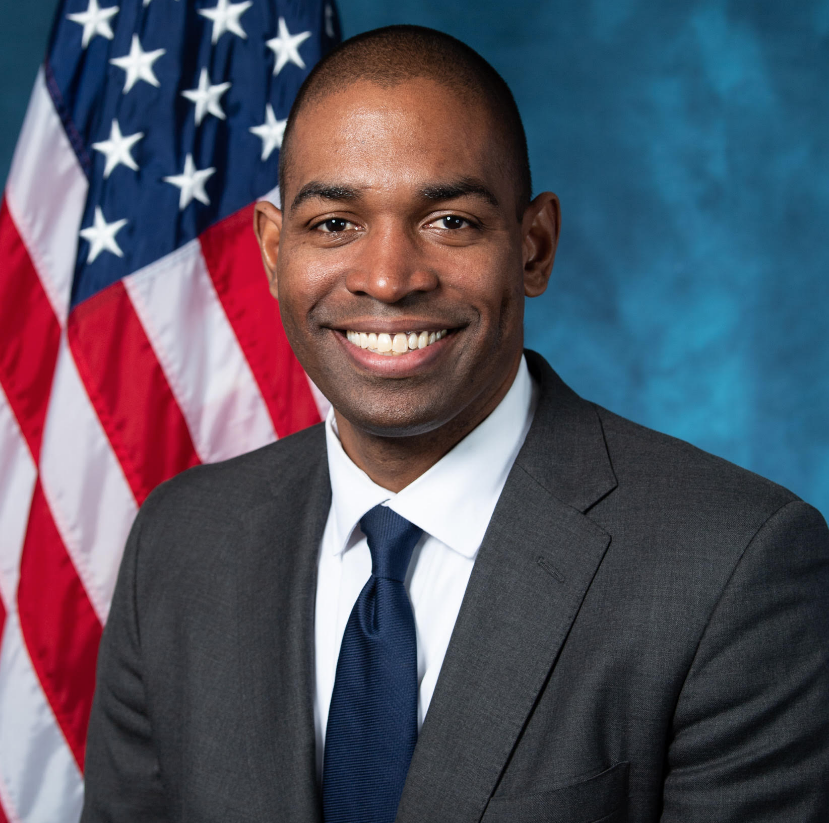
The looming subject this spring for stockholders in The Pepsi Bottling Group Inc. was not on the agenda last Wednesday at the company”™s annual meeting in Somers.
That hovering matter ”“ the rejected bid by minority shareholder and former parent company PepsiCo Inc. to acquire all of its largest manufacturer”™s and distributor”™s outstanding shares of common stock”“ would not be discussed, PBG Chairman and CEO Eric J. Foss said at the start of the meeting. Nor would the pending lawsuits that arose from maneuvers last month by PBG directors to block the takeover.
The annual meeting”™s official business was wrapped up in less than an hour without mention of the somewhat friendly battle that continues to brew over the future control of the nearly $14 billion, 67,000-employee global company, which recently marked the 10th anniversary of its spinoff from PepsiCo and its initial public offering.
Purchase-based PepsiCo, which owns about 33 percent of outstanding shares of PBG and about 40 percent of its voting stock, in April proposed to acquire the Somers-based company and PepsiAmericas Inc., the beverage giant”™s other anchor bottler based in Minneapolis, Minn. PepsiCo”™s offers amounted to $29.50 per share for PBG and $23.27 per share for PepsiAmericas. PepsiCo officials called the offers “full and fair,” saying they represented a premium of about 17 percent over the closing prices of both companies”™ stock on the last day of trading before the offers.
PBG”™s board in early May disagreed, telling PepsiCo Chairman and CEO Indra Nooyi her company”™s rejected proposal was “grossly inadequate and not in the best interests of PBG and its stockholders.”
PBG directors said the offer was “opportunistic” in its timing, coming only a few days before the public release of PBG”™s strong first-quarter 2009 earnings that exceeded Wall Street analysts”™ forecasts and of the company”™s detailed plans to achieve more than $250Â million in cost and productivity savings in 2009 on its own.
PBG officers said the value of PepsiCo”™s proposal was substantially below PBG”™s intrinsic value as well as the value implied by comparable transactions, which came with premiums that “have been very substantial since the market dislocation last September.”
PBG directors also claimed the savings that could be achieved in a transformed Pepsi system from the merger were “multiples” of the $200 million estimated by PepsiCo in its acquisition proposal.
“PBG values its longstanding relationship with PepsiCo, but the PBG board will not agree to a proposal which does not reflect the true value of PBG,” PBG executives wrote. The company board accordingly had taken “customary steps to protect PBG and its stockholders from opportunistic acquisition attempts.”
Those steps included adoption of a stockholder rights plan, or so-called “poison pill,” designed to make a takeover prohibitively costly and less palatable to the beverage giant, retention pay agreements for top PBG executives and amendments to corporate bylaws that effectively prevented a discussion and vote on the takeover proposal at the stockholders meeting.
Those measures, adopted at a May 4 board meeting from which two PepsiCo executives on the PBG board were excluded, prompted PepsiCo to file a complaint last month against PBG and its directors in a state court in Delaware. PepsiCo attorneys claimed the actions taken at the alleged secret meeting were invalid because the two directors had not been notified.
The lawsuit also claims the defensive measures taken by the PBG board were an “entirely unreasonable and grossly disproportionate” response to PepsiCo”™s “negotiable, non-coercive offer” and interfere with PepsiCo”™s rights as a PBG stockholder. PepsiCo attorneys want a Delaware chancery court judge to invalidate parts of the stockholders”™ rights plan that allegedly violate PepsiCo”™s rights and require PBG to dismantle its poison pill.
A PBG spokesman dismissed the legal claims as “without merit and intended to divert attention from PepsiCo”™s grossly inadequate proposal.” The bottler, however, acted to stave off a possible ruling that the May 4 board meeting was held illegally.
On May 18, the PBG board again met and adopted the same poison-pill plan and other executive compensation and bylaw measures approved at the previous meeting. A PBG spokesman said the vote was unanimous after PepsiCo”™s two representatives on the board briefly attended the start of the meeting, expressed their disagreement with the proposed actions and then recused themselves from voting.
While the two industry giants prepare to clash in court, a law firm in suburban Philadelphia, Penn., is soliciting calls from PBG shareholders to discuss the legal ramifications of the proposed acquisition by PepsiCo. Brodsky and Smith L.L.C. announced the firm is investigating potential claims against PBG”™s board of directors.
Attorneys Jason L. Brodsky and Evan J. Smith could not be reached last week to comment on their investigation. Spokespersons at PepsiCo Inc. last week did not return calls for comment on the legal case and whether the company will present a revised purchase offer to its largest bottler.


















